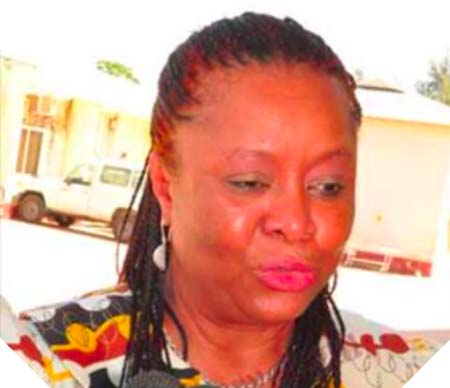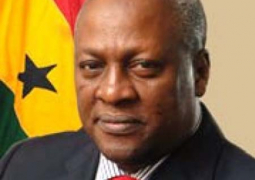
The
United Nations Development Programme (UNDP) Tuesday launched the African
Economic Outlook report for 2016 on sustainable Cities and Structural
Transformation.
The
launching, held at the UN Library at Cape Point, was presided over by the
permanent secretary at the Ministry of Lands and Local Government, Bulli Dibba.
PS
Dibba stressed that the yearly report contains national notes with projections
on macroeconomic changes, social and human advancement patterns and insights
for each of the 54 African nations.
With
its extraordinary theme on Sustainable Cities and Structural transformation,
the 2016 version of the African Economic Outlook examines the assorted qualities
and particular elements of the mainland’s urbanisation process.
He
stressed that the urban growth experienced in The Gambia is currently
accompanied by slow structural transformation, mainly due to a lack of proper
urban planning, which leads to costly urban sprawl and uncontrolled
development.
According
to PS Dibba, The Gambia does not have an urban policy; as a result, his
ministry intends to begin the process of formulating and adopting one.
“The
rapid urbanization experienced in The Gambia is driven by the pursuit of
employment and a better life, which are often lacking in rural areas.”
Achieving
the United Nations Millennium Development Goals towards the eradication of
poverty and hunger, would depend partly on how well Gambia is able to manage
its urban areas, he went on.
Dibba
thanked the UNDP for their hard work and generosity in launching the report.
In
her launching statement, the UNDP Resident Representative, Ms Ade Mamonyane
Lekoetje, said the African Economic Outlook report, includes statistics and 54
individual country notes, and is produced annually by the African Development
Bank, the OECD development centre and the United Nations Development Programme.
She
explained that the report was jointly launched during the AFDB annual meeting
held in Lusaka on 23 May 2016.
The
report addresses harnessing the full potential of Africa’s rapid urbanization.
Ms
Lekoetje said foreign direct investment is forecast to reach USD73.5 billion in
2015 underpinned by increasing Greenfield investment from China - which remains
Africa’s largest trade partner after the European Union.
The
report also shows an increase in intra-African and outward FDI flows,
indicating South African companies as the leading investors on the continent.
She
noted that the report reveals that African countries have made progress with
gains in education, health and living standards.
The human development level in Africa has
increased since 2000, with 17 out of 52 countries reaching middle or high
levels of development.
Read Other Articles In Article (Archive)
Fraudster jailed
Oct 13, 2010, 12:32 PM


